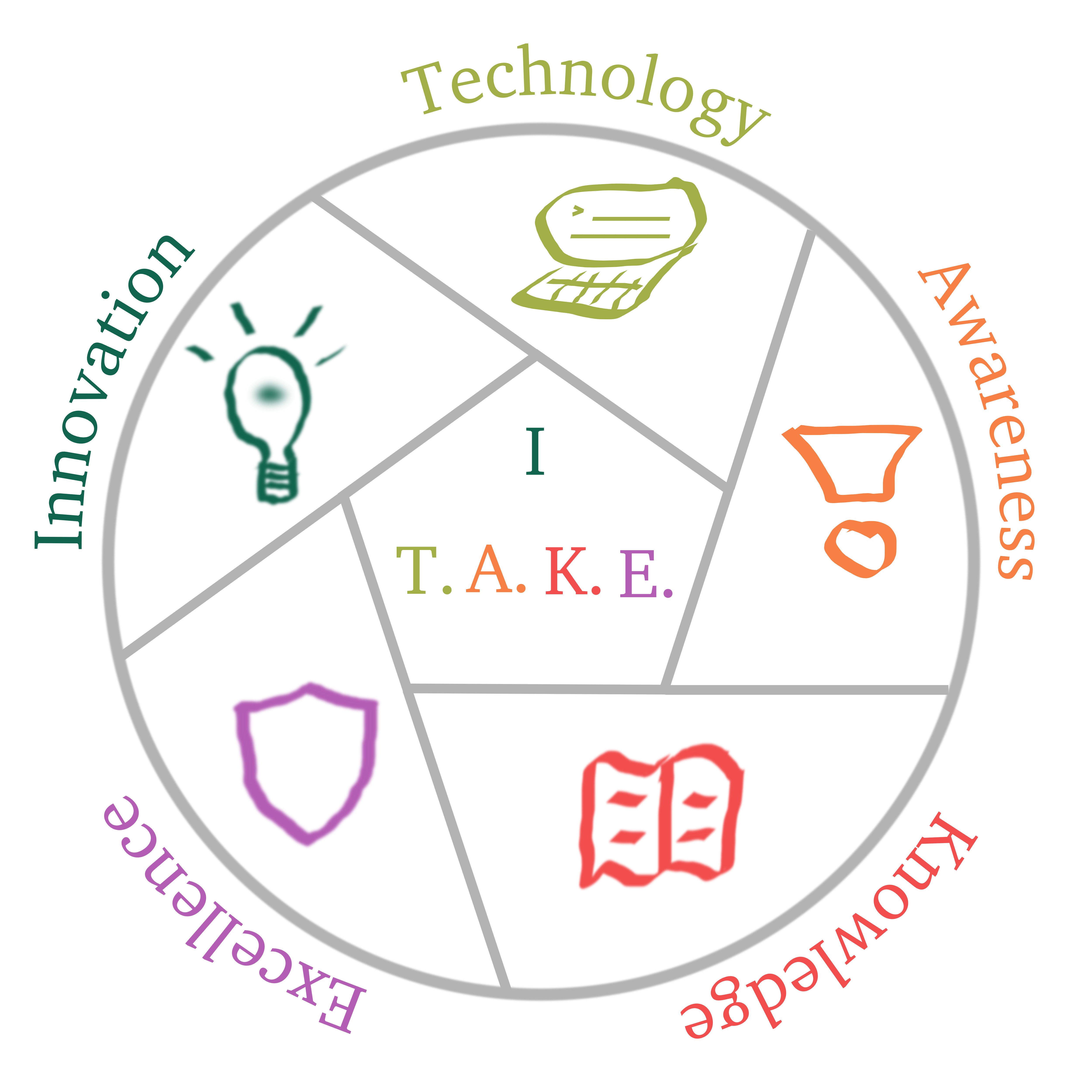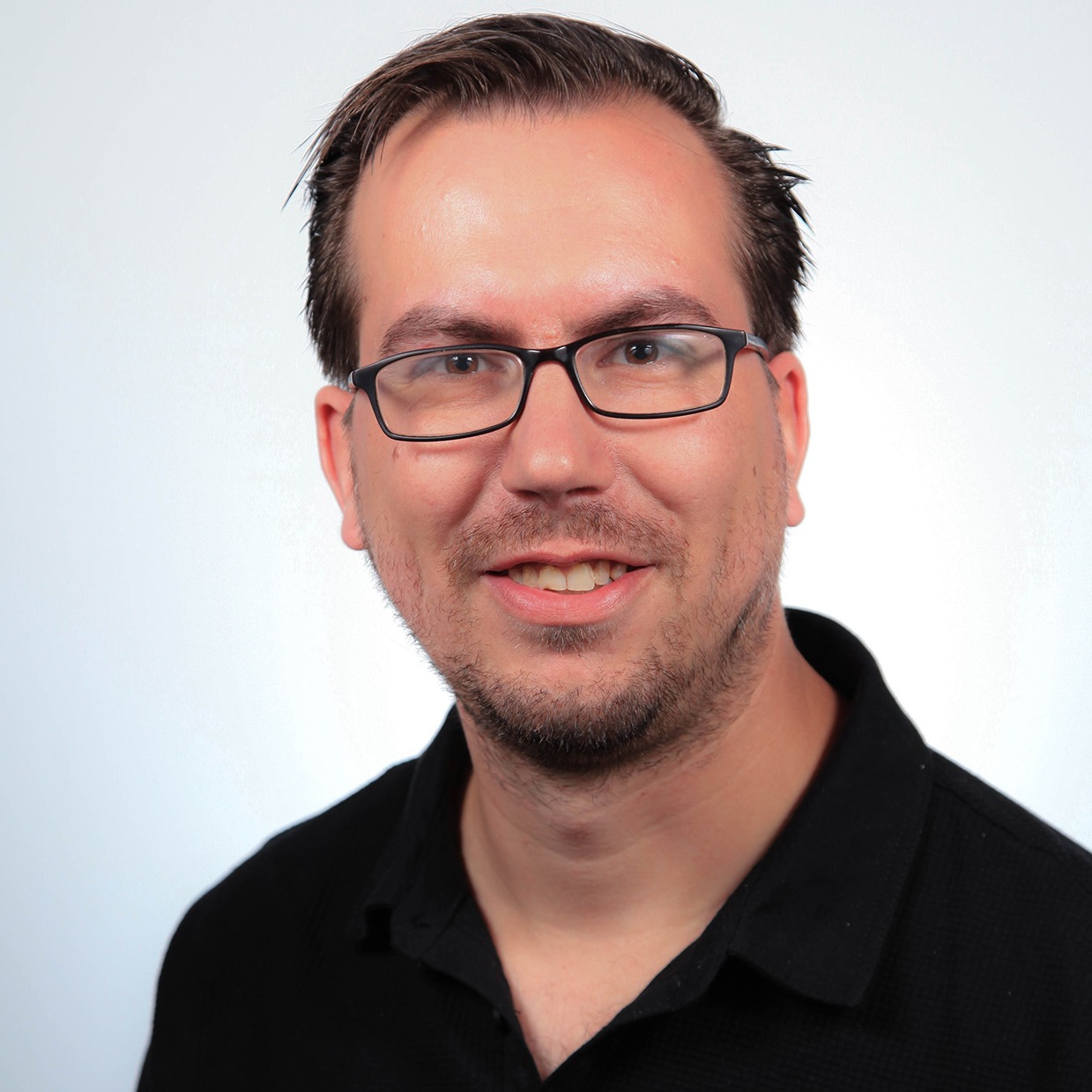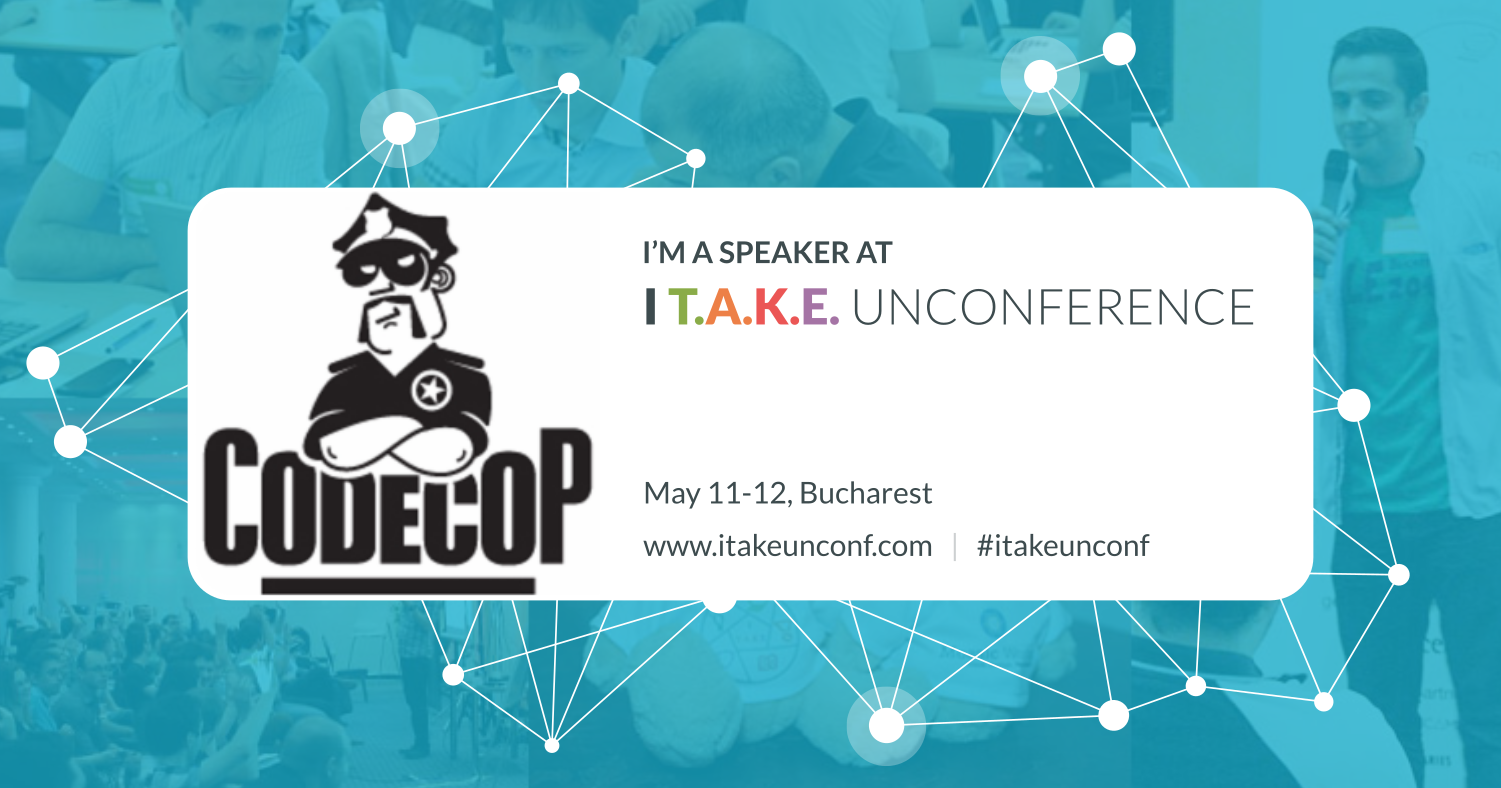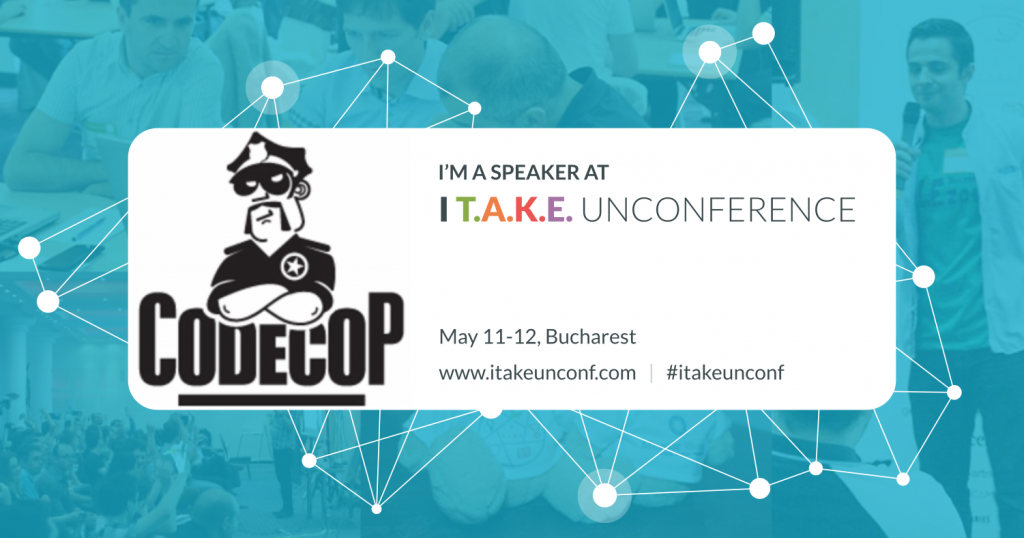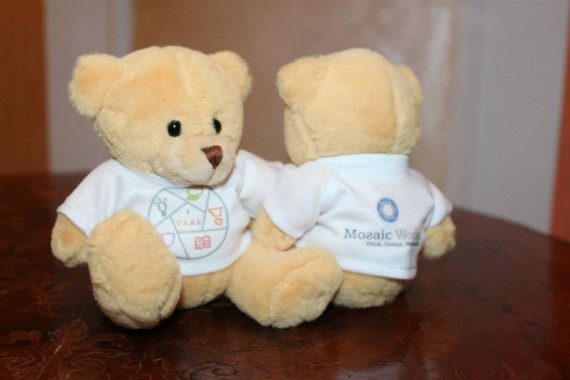
As for every I TAKE Unconference edition, we want to give a chance to the software crafters from the audience to showcase their skills and learn more in the process. And because we appreciate passion, we offer a prize to those who convince a jury of well-known international developers that they are the most skilled in the room.
This contest is not meant to be easy. It will require you to practice beforehand, so please read the instructions carefully.
It will also require you to register before the event.
Mechanics
- IMPORTANT: Register to the contest latest one day before I TAKE Unconference by sending an email to steliana.moraru@mozaicworks.com
- On the first day of the event, after lunch, you have max 15′ to do a performing kata in front of the jury.
- The winner will be announced at the end of the second day
Constraints
To simplify the jury’s decision, the performing kata has to conform to the following constraints:
- Only the following programming languages are accepted: Java, C, C++, C#, Python, Visual Basic .NET, PHP, Javascript, Swift or Ruby
- Only solo contestants are accepted. Sorry, no pair programming this time
- The kata has to showcase refactoring skills.
- The kata has to last max. 15′
How we will judge
The jury will judge your refactoring skills.
The ideal kata looks like this – you will get maximum point if you:
- clearly state the smells you see in the code
- pick one of the smells
- clearly state your plan to fix the smell
- fix it in small, safe steps
- run tests after each step to prove you didn’t break anything
- commit after each step with a clear message explaining why you made the change
- fix as many smells as possible within the time constraint
You will loose points if you:
- make big or unsafe changes to the code
- break the behaviour after changing the code
- don’t improve the code a lot
- don’t improve the design by the end of the kata (hint: we judge design using SOLID principles and the four elements of simple design)
Recommendations
To help you, we’ve thought out what we would do if we participated to such a contest. Here’s what we recommend.
1) Use one of the following codebases for the kata:
- https://github.com/emilybache/GildedRose-Refactoring-Kata
- https://github.com/emilybache/Tennis-Refactoring-Kata
- https://github.com/emilybache/Yatzy-Refactoring-Kata
- https://github.com/emilybache/Parrot-Refactoring-Kata
2) Practice beforehand on the structure we presented for the ideal kata. Ideally find someone to practice with.
3) Watch other people refactoring. YouTube has many videos on the topic, including using the recommended code bases.
Glossary
A programming kata is a repeatable exercise used to practice specific skills.
Performing kata means doing a kata in front of an audience.
Refactoring means changing the internal structure of the code without changing its behaviour.
